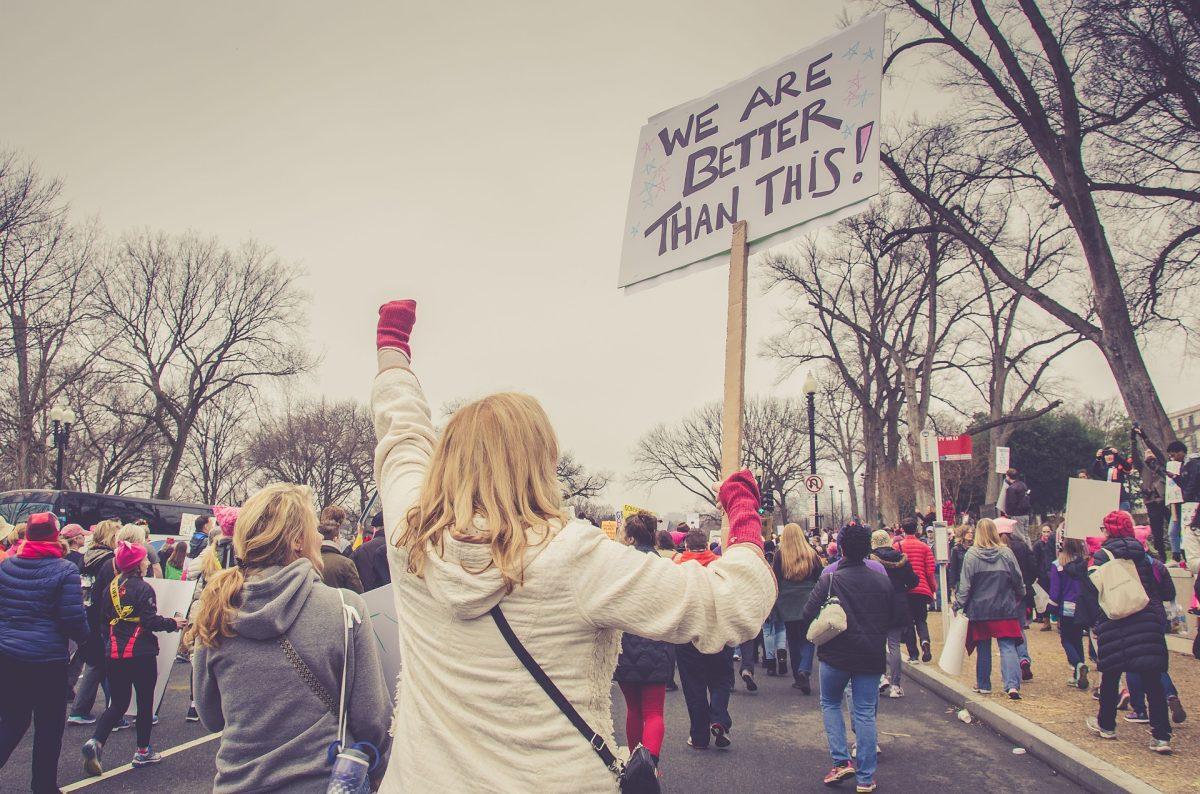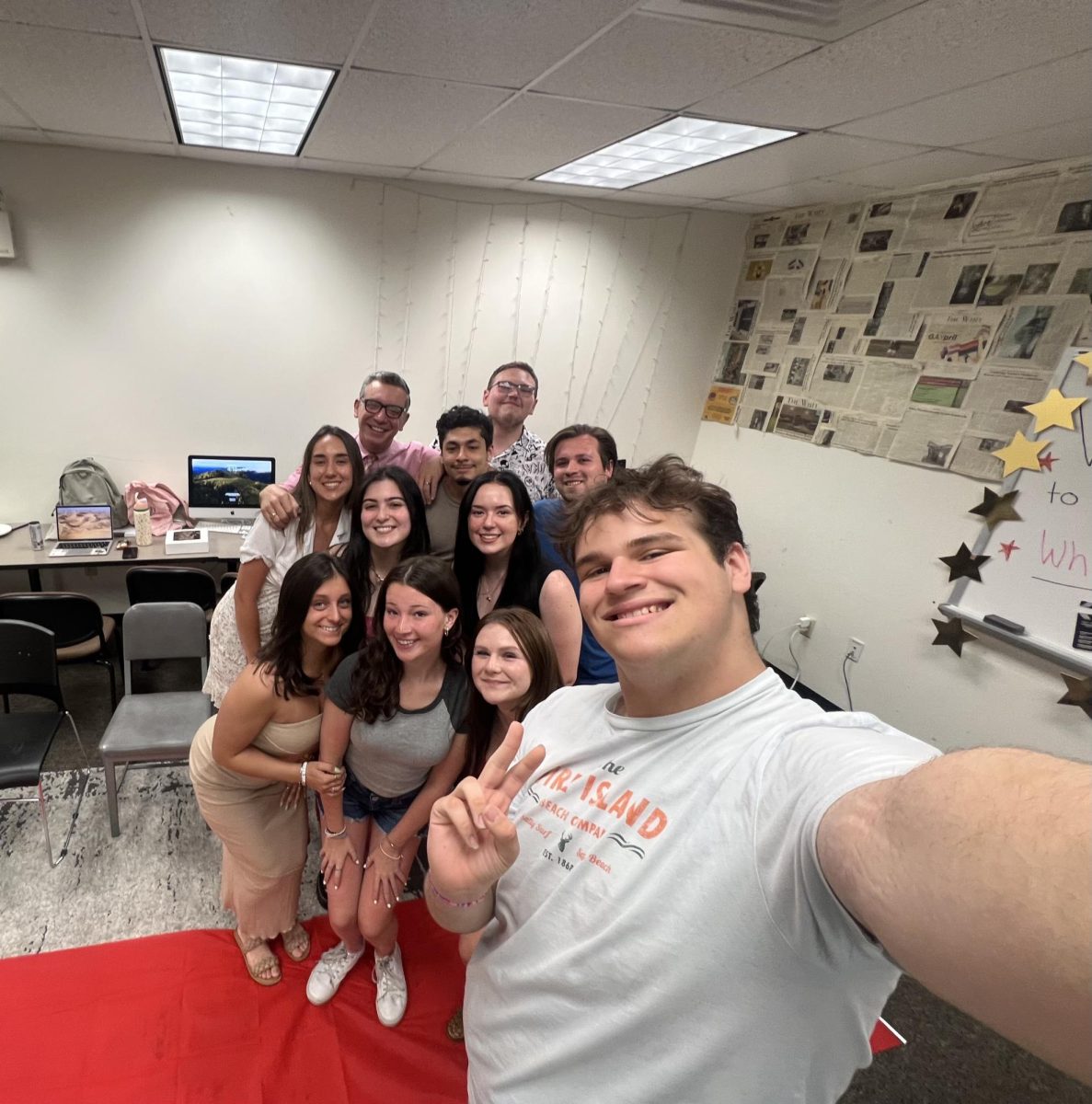Over the past two days, a slew of pipe bombs and explosive devices mailed to prominent political figures were intercepted. These included former Secretary of State Hillary Clinton, former President Barack Obama, Rep. Maxine Waters and several other prominent Democratic political figures. CNN’s New York office was evacuated after a bomb was sent to their mail room.
Currently, a suspect has not been apprehended, let alone identified. At this point, it’s too early to speculate about the motives or possible perpetrators behind these acts.
These terroristic acts raise serious concerns about current American political discourse. The knee-jerk reaction to this targeted attack on Democratic politicians would be to blame President Trump. While the president’s rhetoric can at times be divisive and inflammatory regarding other politicians, there is a deeper issue at play here.
An exchange of ideas no longer seems possible. The most visible political discussions often take place on cable news stations, where panelists and guests often argue and repeat stale talking points.
Nuanced political discussions, where both sides lay out their stances alongside evidence and reason, tend not to draw attention, ratings or social media interactions. Our culture has set “left-wing snowflakes” against “right-wing fascists.” Damaging labels like these have become all too common, boiling down those that one side disagrees with into an outlandish caricature.
Contentious issues need to be discussed, and it has become increasingly easier to write off those who have opinions we don’t even want to consider. We can think of it as the “cancelled” culture, a term used to refer to completely disregarding and removing someone from view as if they were a cancelled television show. Or, we can block those online we don’t want to hear from, curating a feed that reinforces our beliefs.
In the rare instances where differing political sides converge to discuss, little is accomplished. This extends from the gridlock of Congress to the family members who scream at one another about President Trump over Thanksgiving dinner.
It’s important to remember that the cable news version of the other side is often far from nuanced. For instance, if you’re pro-choice, it might not help the general political discourse to term pro-lifers as patriarchal fascists who want to turn America into “The Handmaid’s Tale.” In the other direction, it may not be beneficial for pro-lifers to term pro-choice advocates as baby-murdering psychopaths.
This line of thinking can extend to all of the hot-button issues, whether that’s healthcare, gun control, economic intervention or immigration. Those who hold different views from us are still people, colored with an entire life full of experiences that shape their political beliefs. At the end of the day, we all must share this country, and it’s better to understand why someone believes what they do than to shun them and treat them as the enemy.
By failing to recognize the humanity of our political opposites, we can embolden fringe actors to commit terrible acts like those narrowly avoided this week.
In simpler terms, consider getting a cup of coffee with someone whose political worldview you disagree with entirely.
For questions/comments about this story, email news@thewhitonline.com or tweet @TheWhitOnline.

























































































































































!["Working with [Dr. Lynch] is always a learning experience for me. She is a treasure,” said Thomas. - Staff Writer / Kacie Scibilia](https://thewhitonline.com/wp-content/uploads/2025/04/choir-1-1200x694.jpg)












































